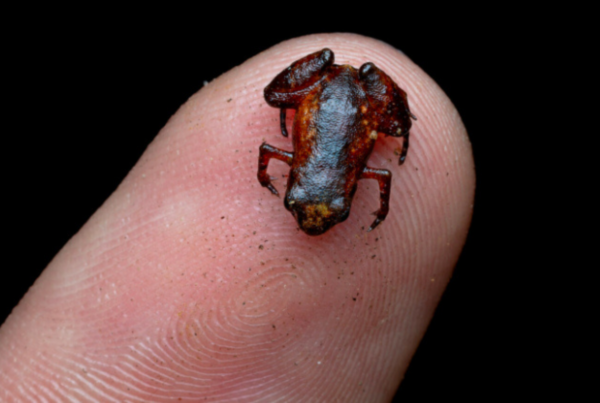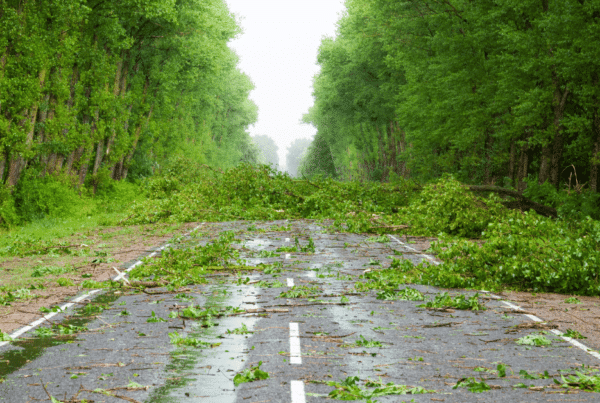We’ve been a bit quiet lately, but we’ve been a bunch of busy bees behind the scenes, and we’ve got an exciting collaboration to tell you about.
We’re very proud to announce a partnership with Nordic Wristbands. Nordic Wristbands is one of the leading manufacturers of event access control products in Europe (aka, they craft the wristbands you wear to typically grant entry into unforgettable moments, whether it’s the pulse of a music festival, the exchange of ideas at a conference, or the camaraderie of a sports match). In fact, you might even have clung onto one of their artful or branded wristbands as a cherished memento! Astonishingly, their legacy stretches back to 1995, a testament to their enduring presence in today’s ever-changing landscape.
What’s more remarkable is Nordic Wristbands’ steadfast commitment to the environment. They have already exhibited their dedication by offering an array of sustainable and ecologically friendly materials. Thus, when the opportunity arose for them to join forces with Stand For Trees and take conservation to unprecedented heights, it was an alignment of values that felt destined.
The Events Industry Ecological Footprint
The events industry is a vibrant tapestry of celebrations, gatherings, and experiences that bring people together. However, this industry has a significant environmental impact. In a study conducted in 2019, it was determined that a conference attended by 800 individuals over the course of three days resulted in an emission of 455 tons of CO2, surpassing the annual emissions of 95 cars.[1] Additionally, it’s important to contemplate the generated waste encompassing food, promotional items, and various giveaways. In light of these staggering statistics, it becomes evident that the events industry carries an ecological footprint that cannot be ignored. There is a pressing need for sustainable practices and innovative approaches that can mitigate its environmental consequences.
Wristband Manufacturing: A Closer Look
Wristbands, an essential accessory for events and festivals, play a more significant role in the industry’s ecological footprint than one might think. Traditional wristband manufacturing often relies on virgin polyester, a material known for its carbon-intensive production process. This raises concerns about the emissions associated with producing the wristbands that adorn the wrists of event-goers. According to Nordic Wristbands, a whopping 20 million single-use virgin plastic wristbands are in circulation every summer. As one of Europe’s largest suppliers, Nordic Wristbands has embarked on a mission to reduce and offset the footprint of single-use virgin plastic wristbands within its product line.
Nordic Wristbands’ Green Leap Forward
In recent years, to curtail the use of virgin plastics, Nordic Wristbands has integrated an impressive array of organic and recycled materials into its range of products. This is a bold step towards a greener approach to events. However, the industry still grapples with the allure of cheaper alternatives like virgin polyester, which can undermine these laudable efforts. In response, Nordic Wristbands has proactively taken measures to compensate for virgin polyester emissions, leading to a pivotal collaboration with Stand For Trees.
A Pivotal Partnership for Carbon Neutrality
By forging a strategic alliance with Stand For Trees, Nordic Wristbands is compensating for the carbon emissions from producing fabric wristbands and smart tags in 2023 and beyond. In short, they became a climate hero in just a few steps. Here’s how: First, we calculated Nordic Wristbands’ carbon footprint based on 2022 production volumes. Following this assessment, Nordic Wristbands chose to neutralize this impact by procuring and retiring carbon offsets from our transformative Mai Ndombe project—a sprawling 250,000-hectare nature reserve nestled within the heart of the Democratic Republic of Congo (DRC). And finally, embracing this achievement, they communicated their impact to the world, showing that the events industry can make a change for a healthier planet.
This endeavor has yielded profound benefits. Nordic Wristbands’ impact means preserving nearly 7,000 ancient trees from imminent destruction. Additionally, their involvement contributes to securing education, healthcare, clean drinking water, and more for over 30,000 residents involved with the project. Beyond its human and climate benefits, Mai Ndombe is a critical habitat for forests elephants, bonobos, and an array of other irreplaceable species. Check out more of Nordic Wristbands’ impacts here.
Nordic Wristbands’ CEO Speaks Up
Nordic Wristbands’ CEO, Jone Nuutinen, encapsulates the company’s dedication to sustainability with these words:
“Over the years, we have introduced several organic and recycled material options for festival wristbands and consumables in general, which all have found their dedicated groups of users. While we promote these as the best way to protect the planet, a significant number of events still rely on the cheaper virgin polyester products, so we decided to find a project where our production-related CO2 emissions could be offset in an effective way. We are proud that with every 1,000 wristbands a festival buys from us, they save two ancient rain forest trees. Not bad.”
Final Thoughts
As we reflect on the journey that brought us here – from the inception of Nordic Wristbands’ commitment to sustainability to their pivotal decision to join forces with us – we’re reminded that positive change often starts with a single step. From initially introducing sustainable products to neutralizing their carbon emissions and preserving thousands of trees in the heart of the Democratic Republic of Congo, Nordic Wristbands has lept toward carbon neutrality and ecological harmony. But this isn’t just a success story for a single company; it’s a clarion call for the entire events industry to embrace sustainability and enact lasting change.
Want to take the first step towards sustainability? Join us today.
References









